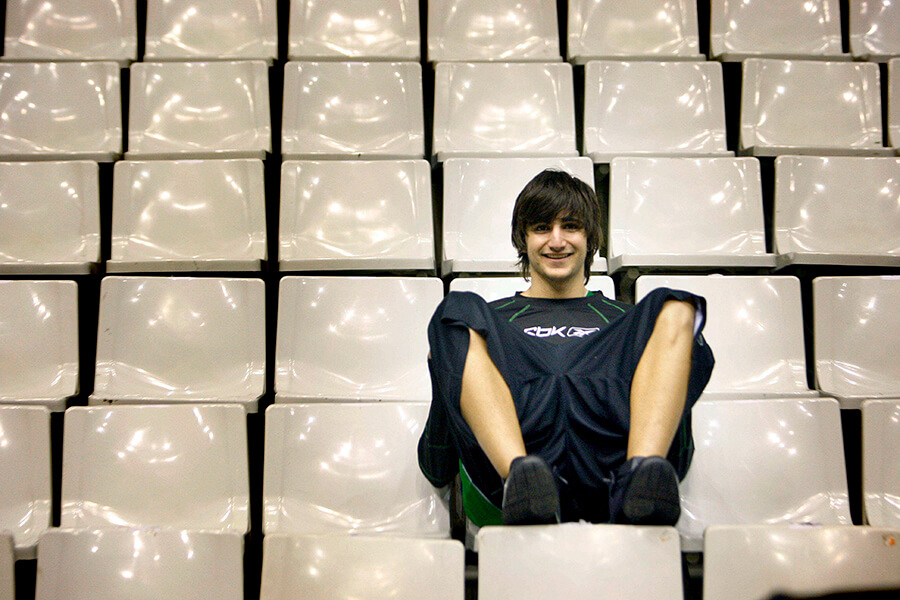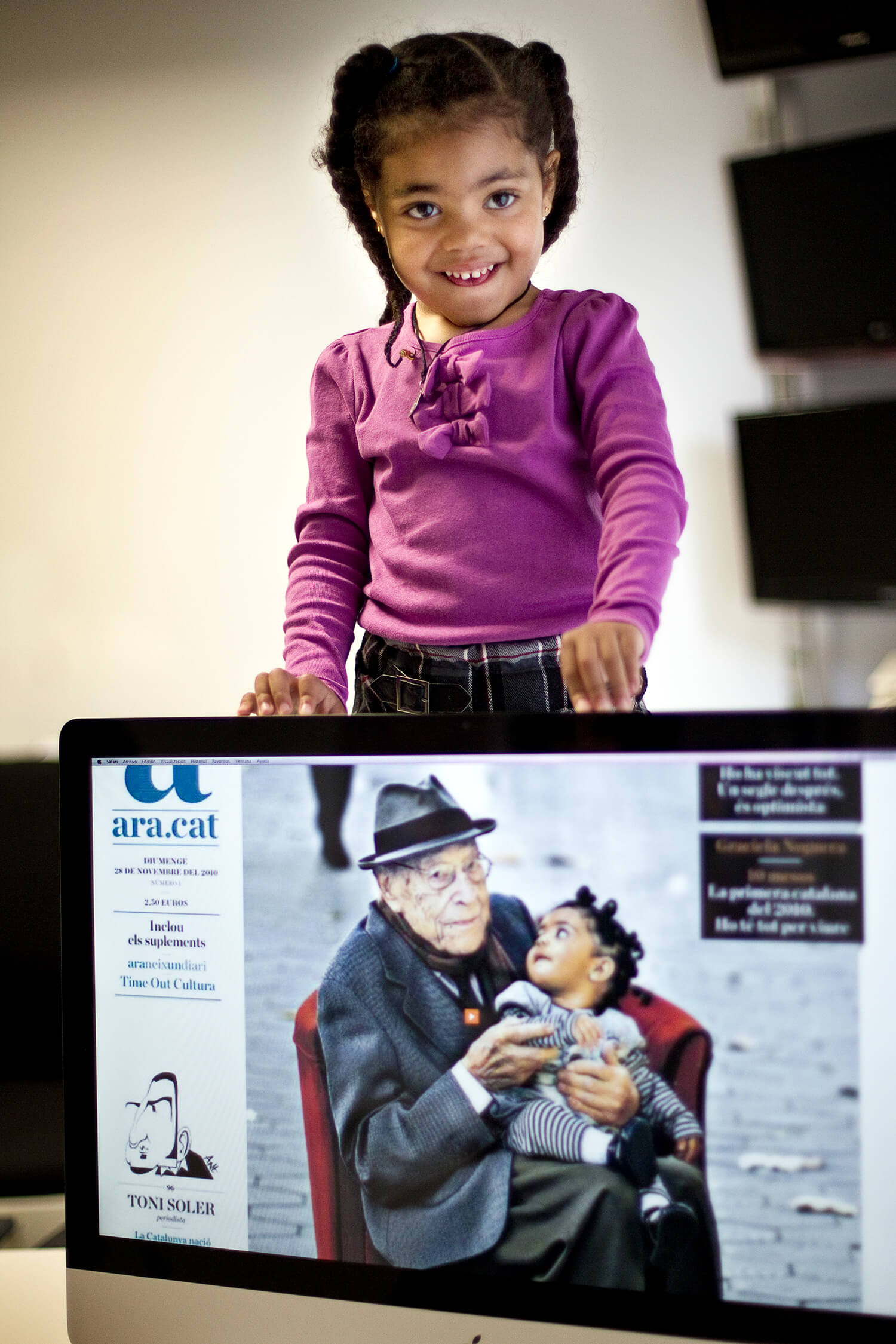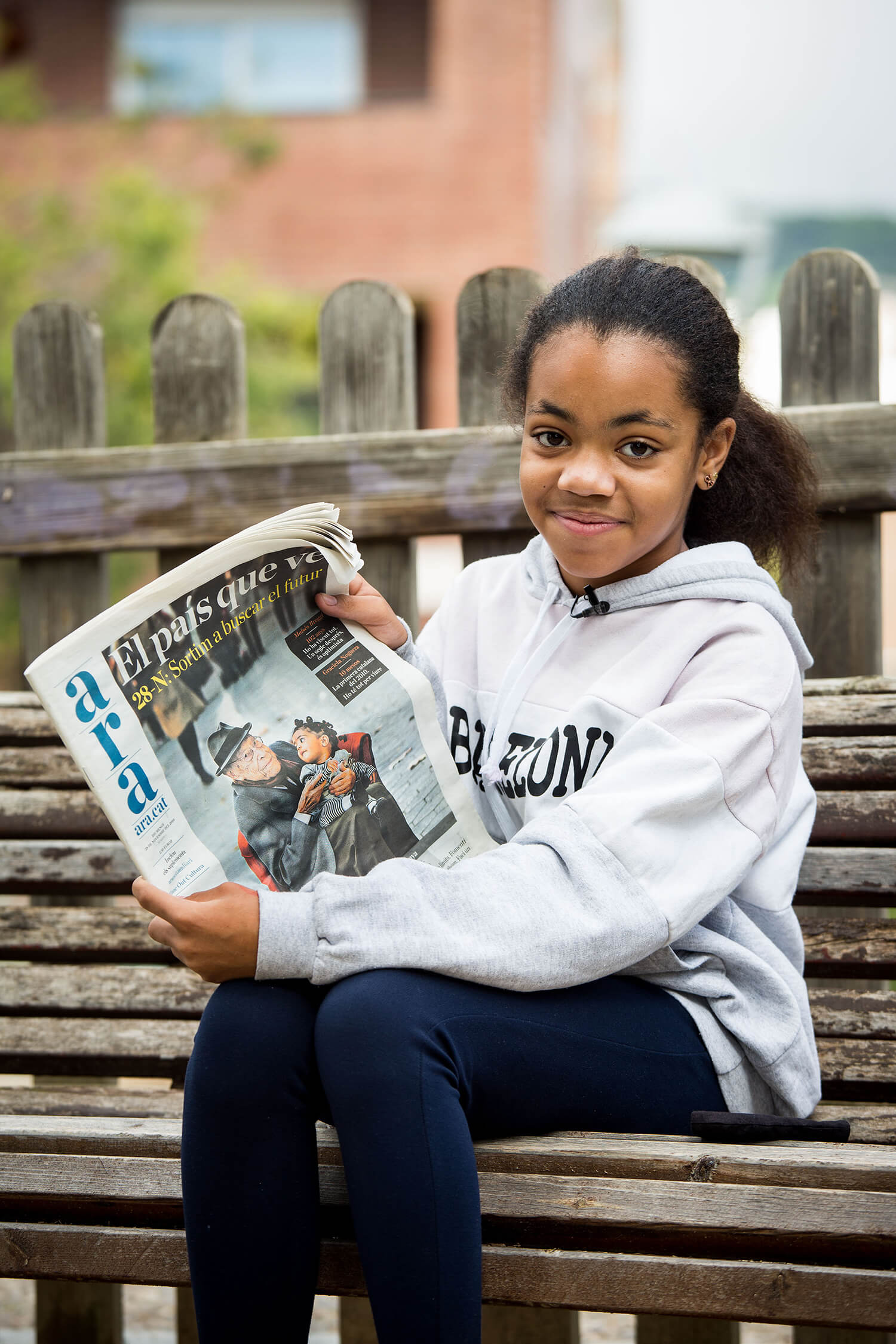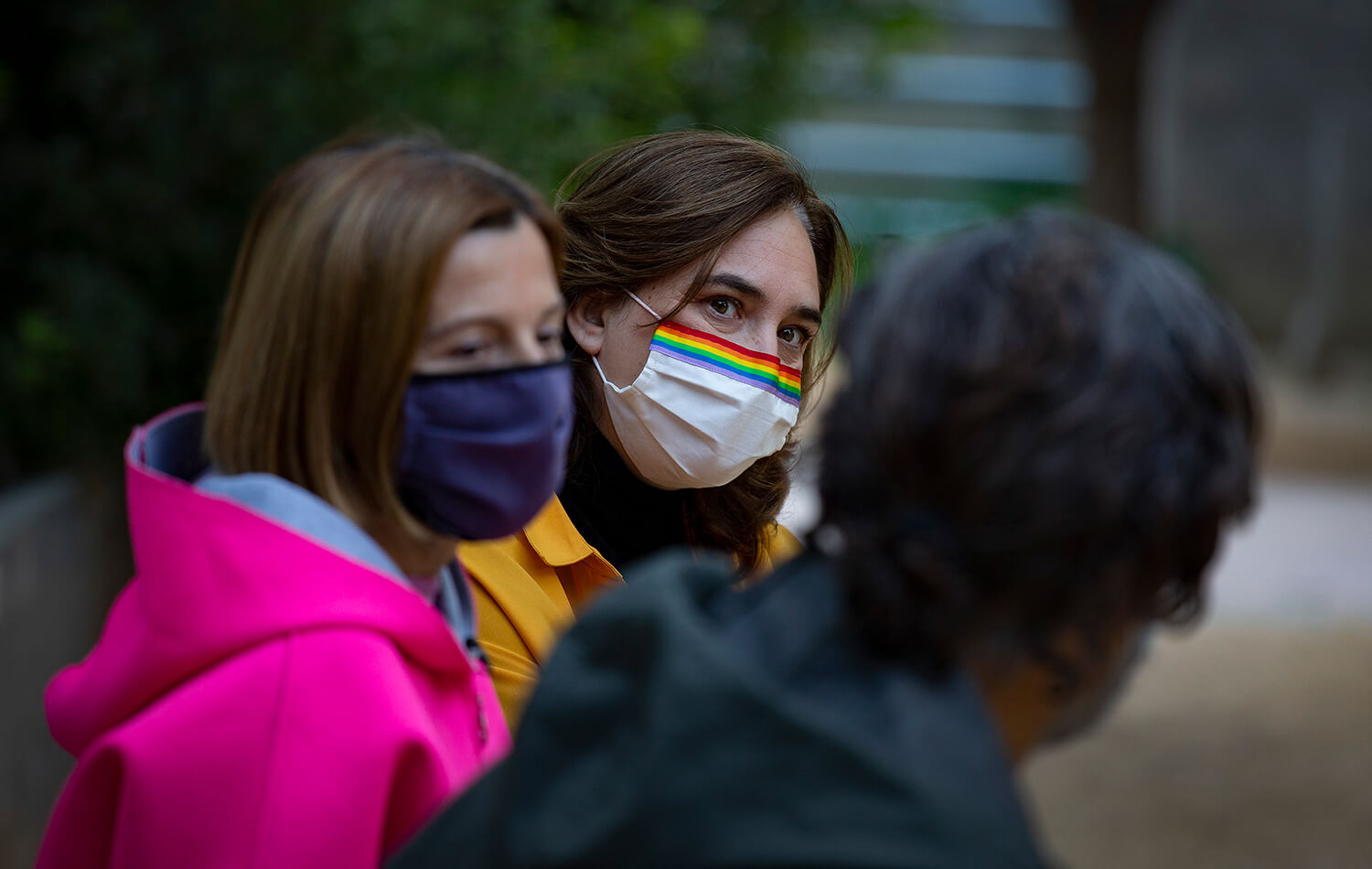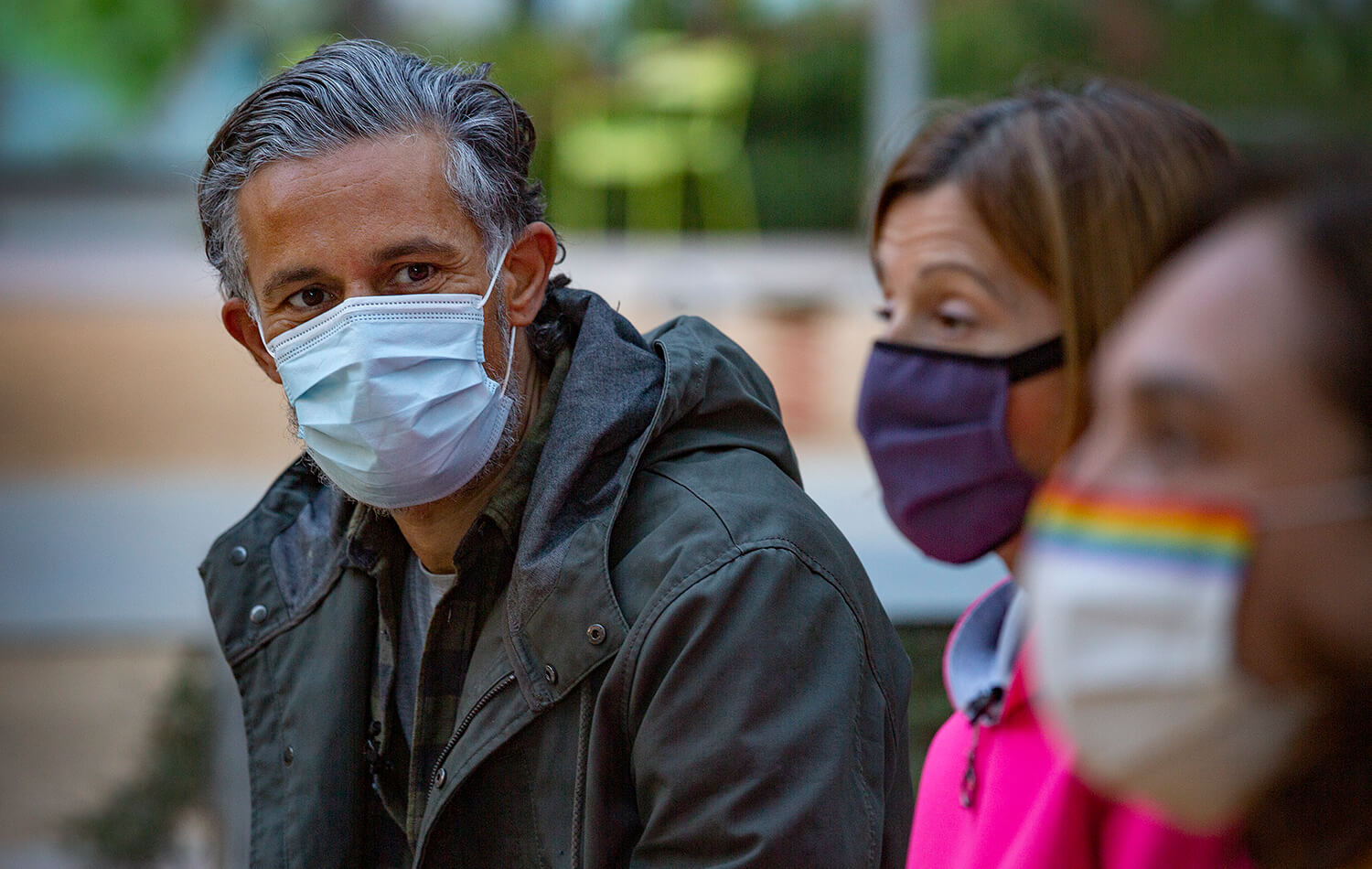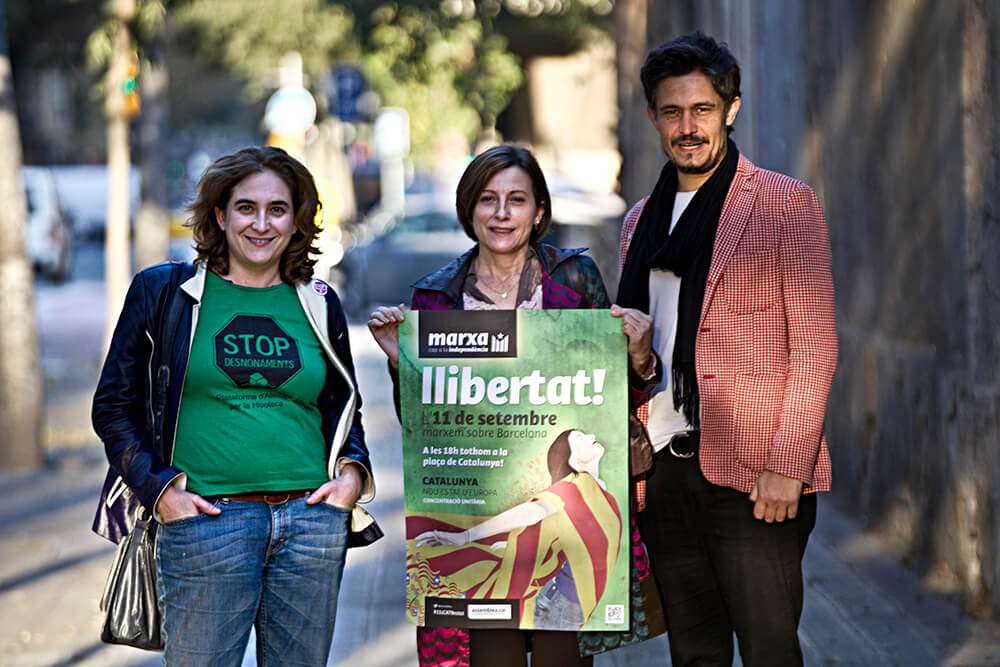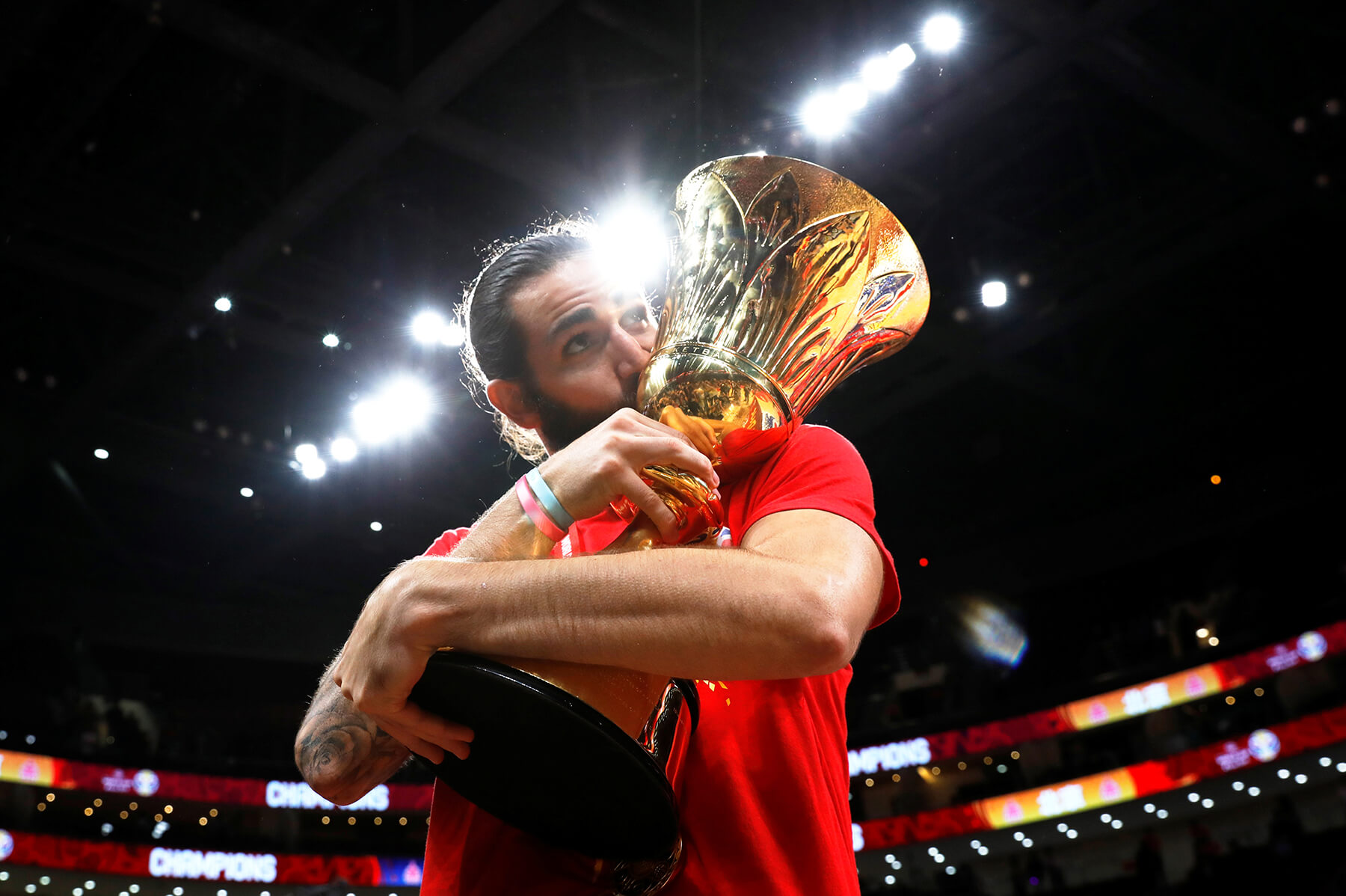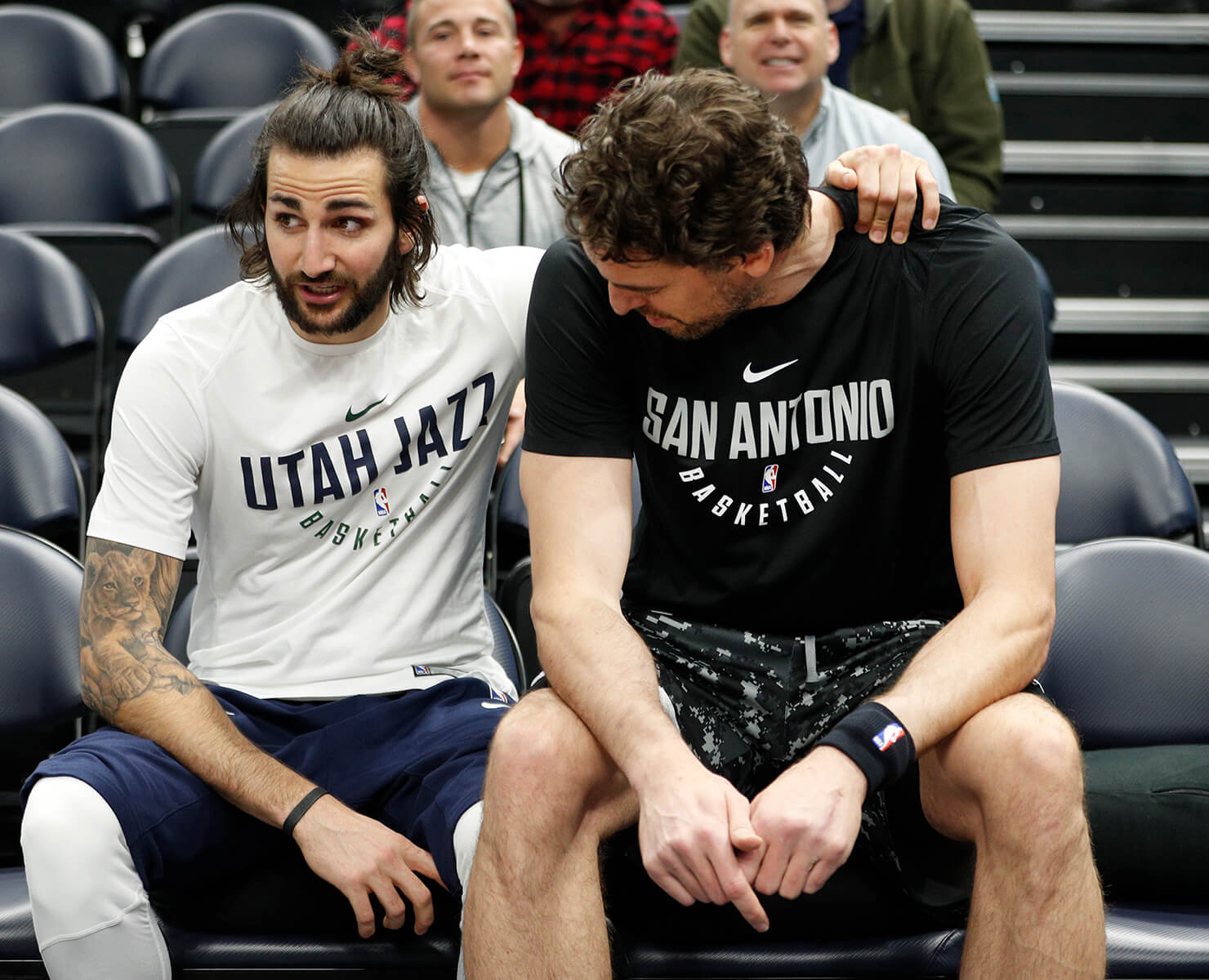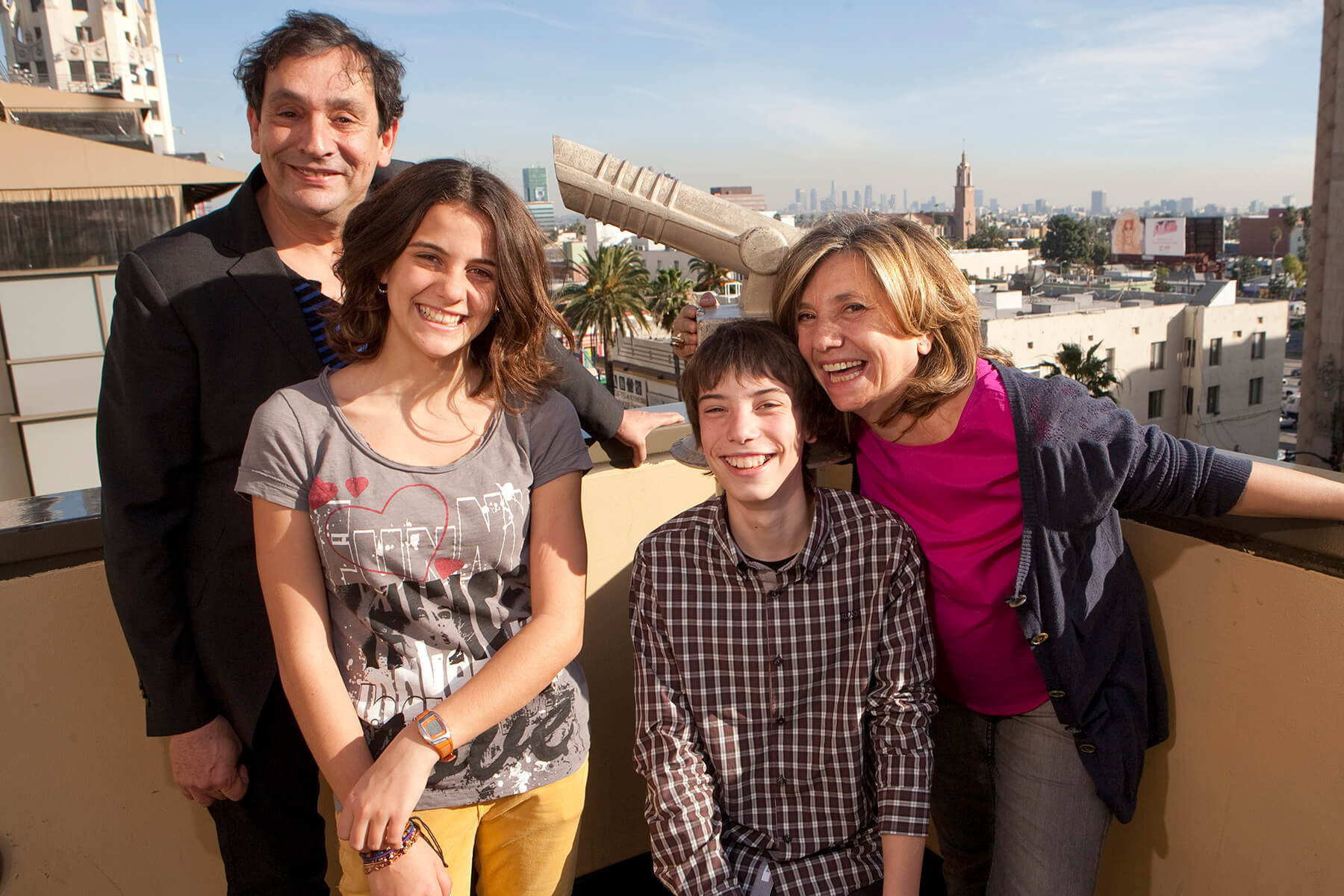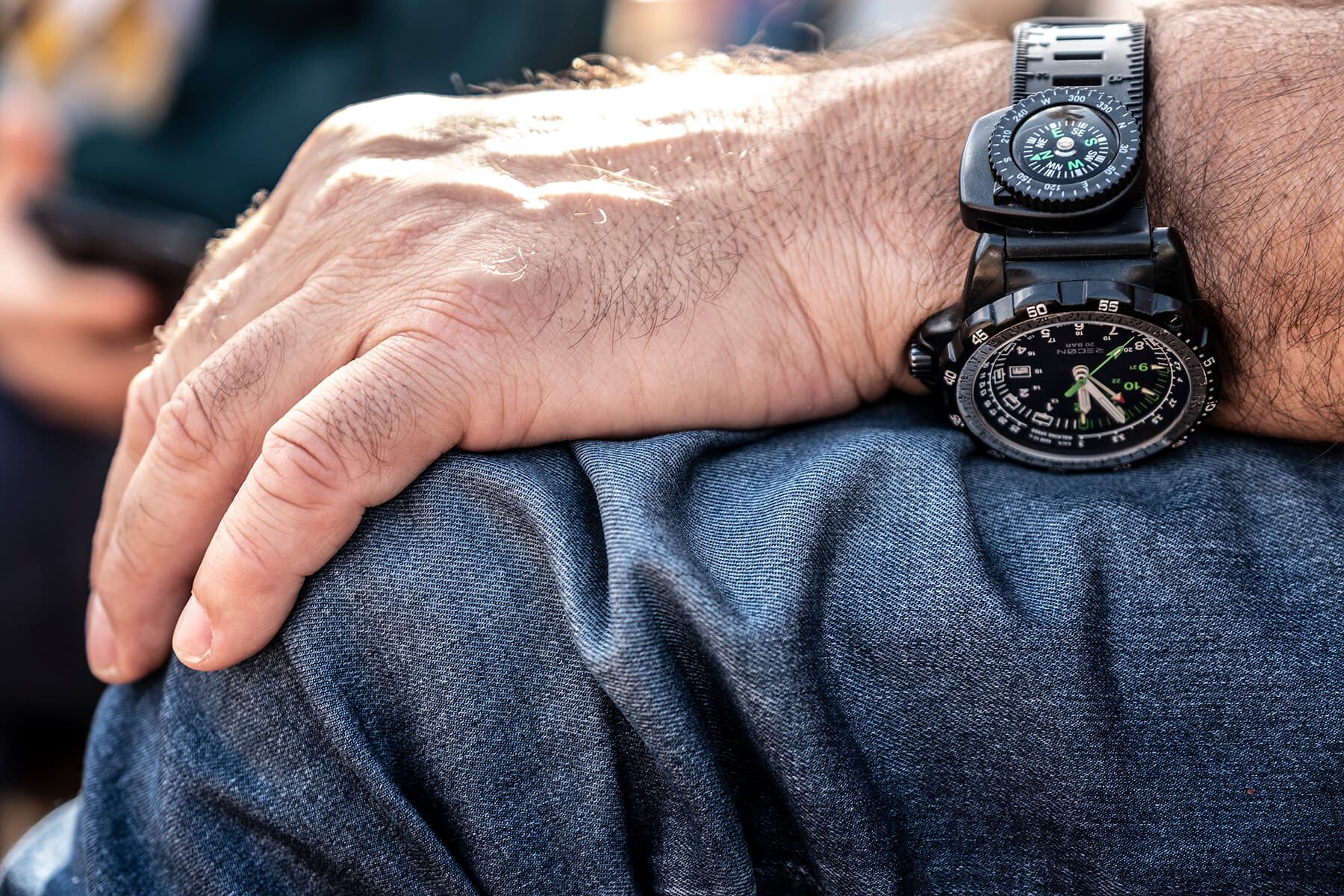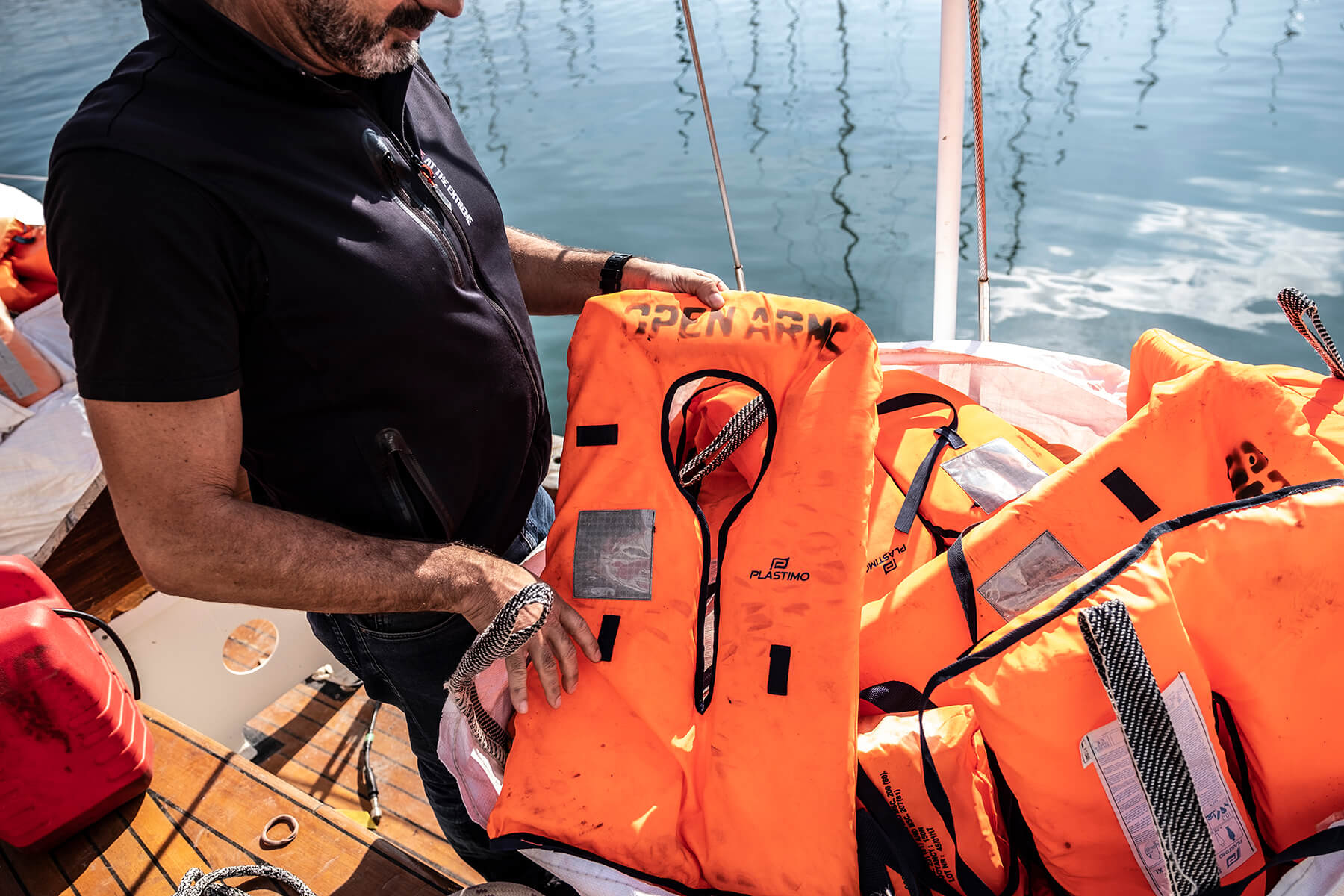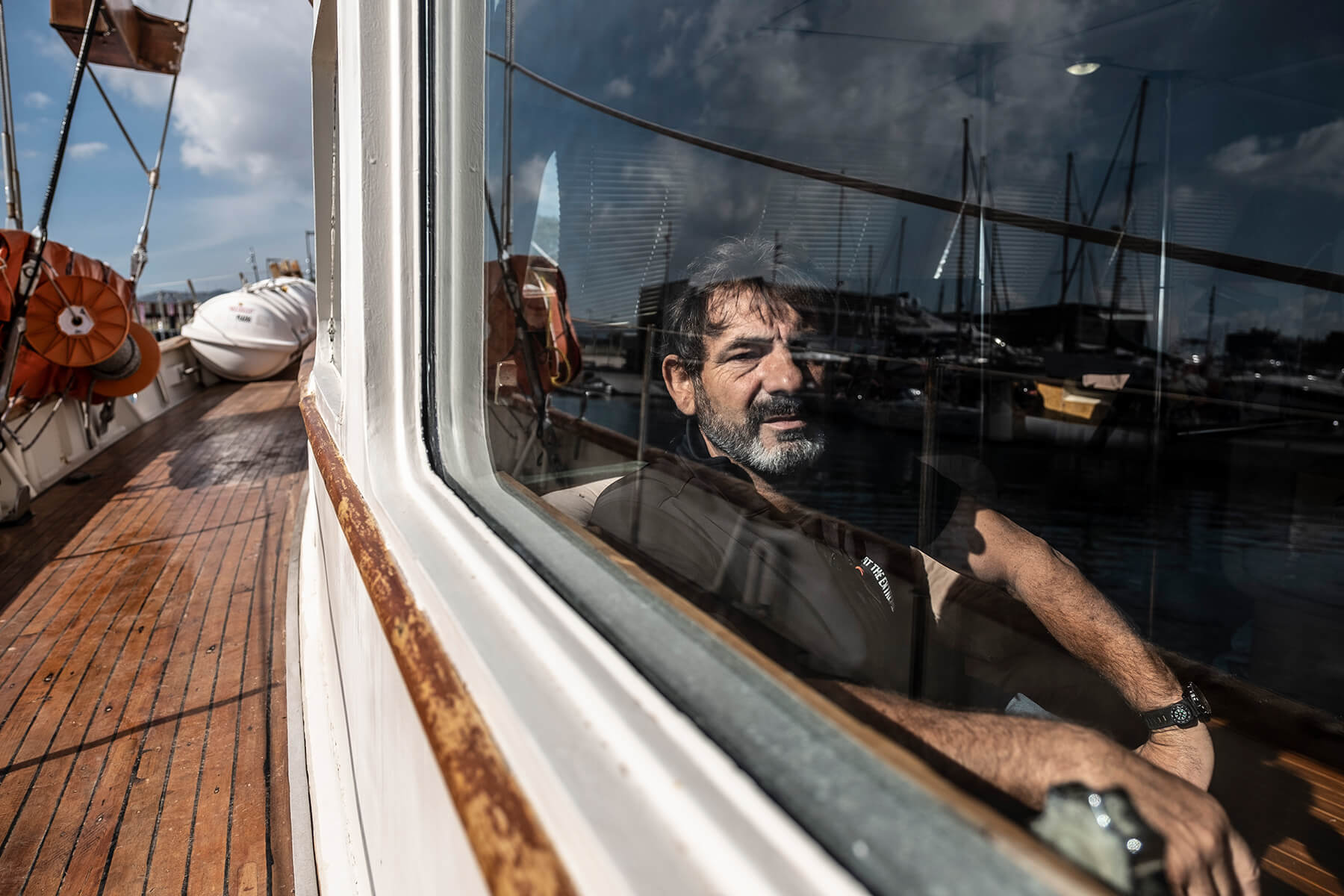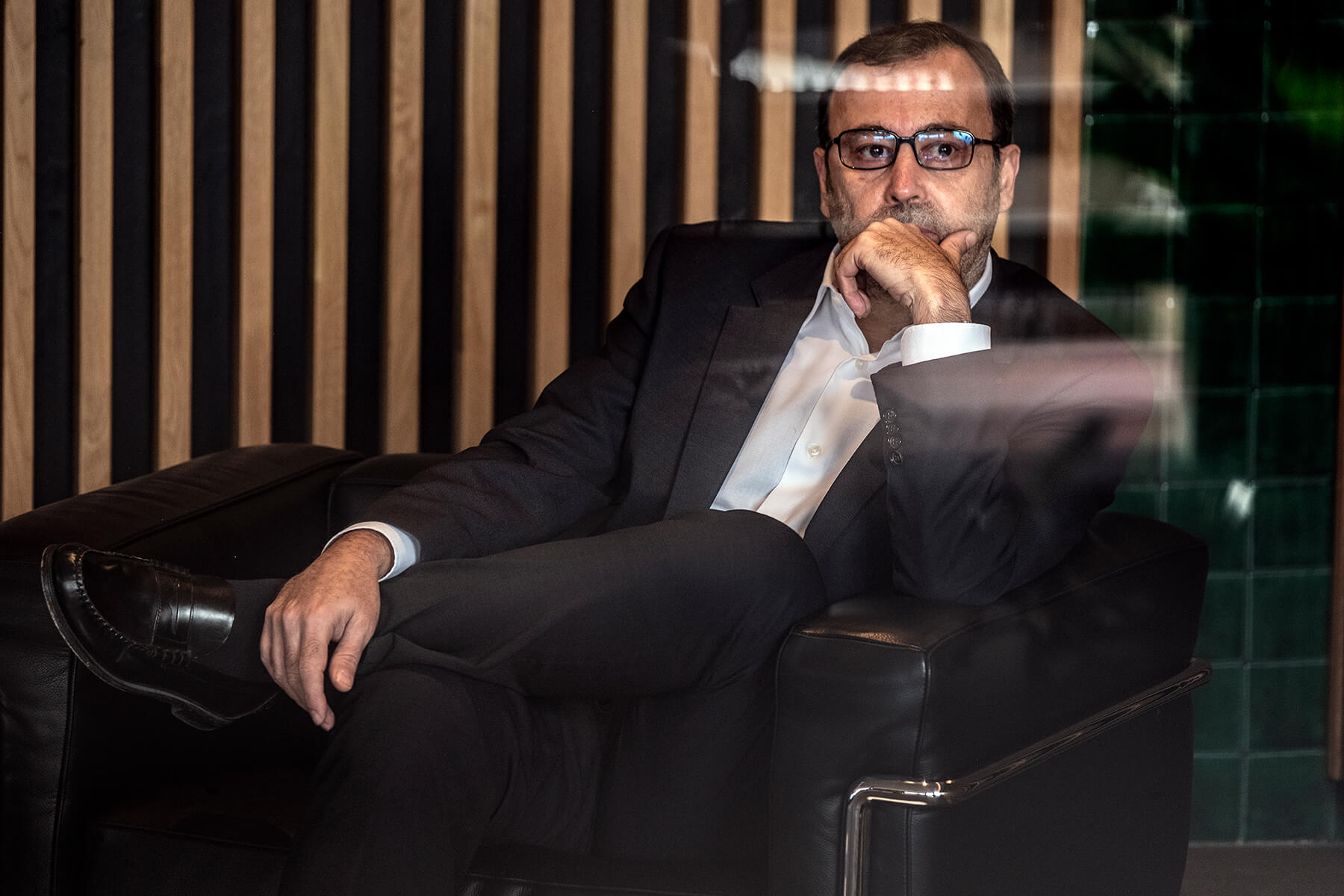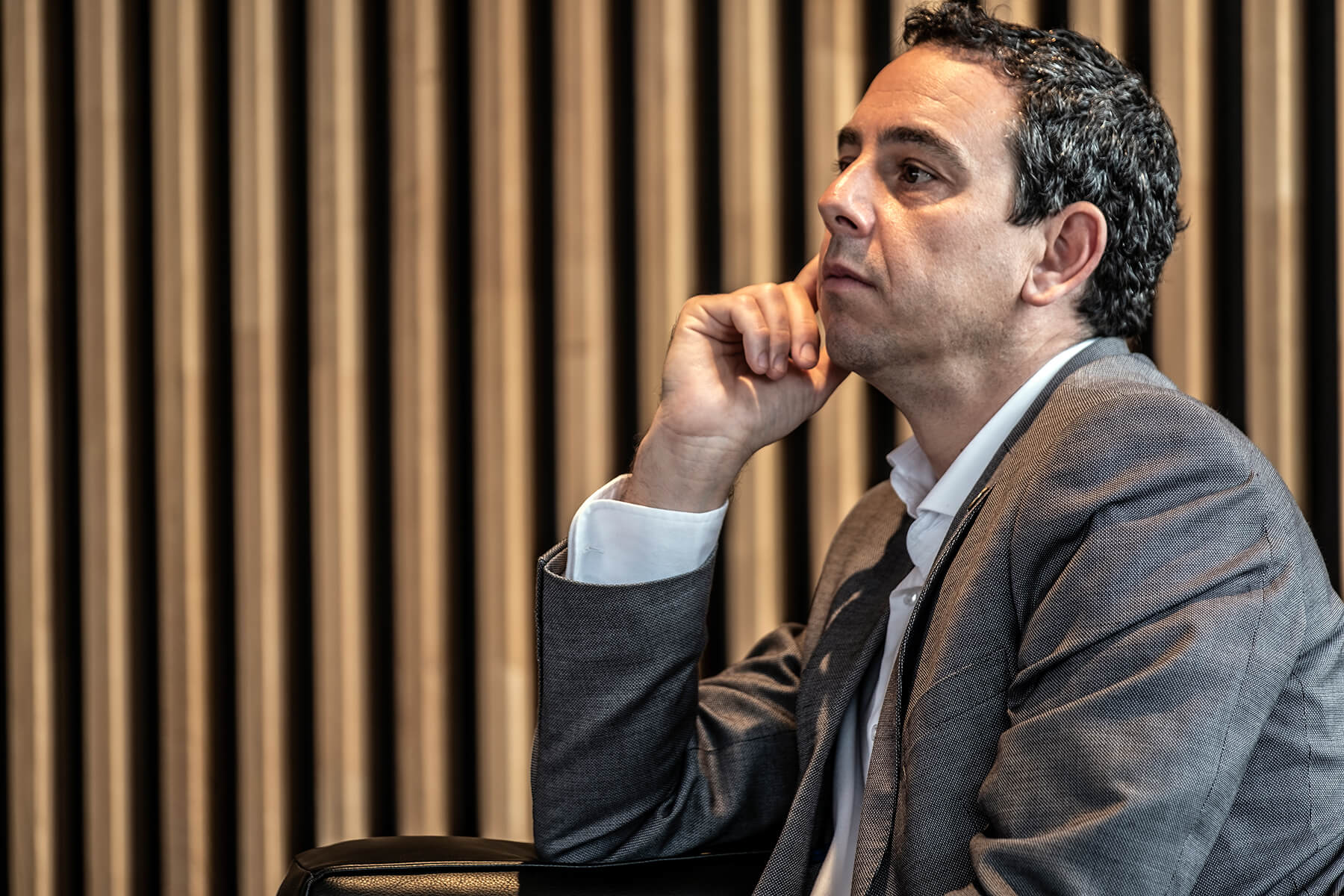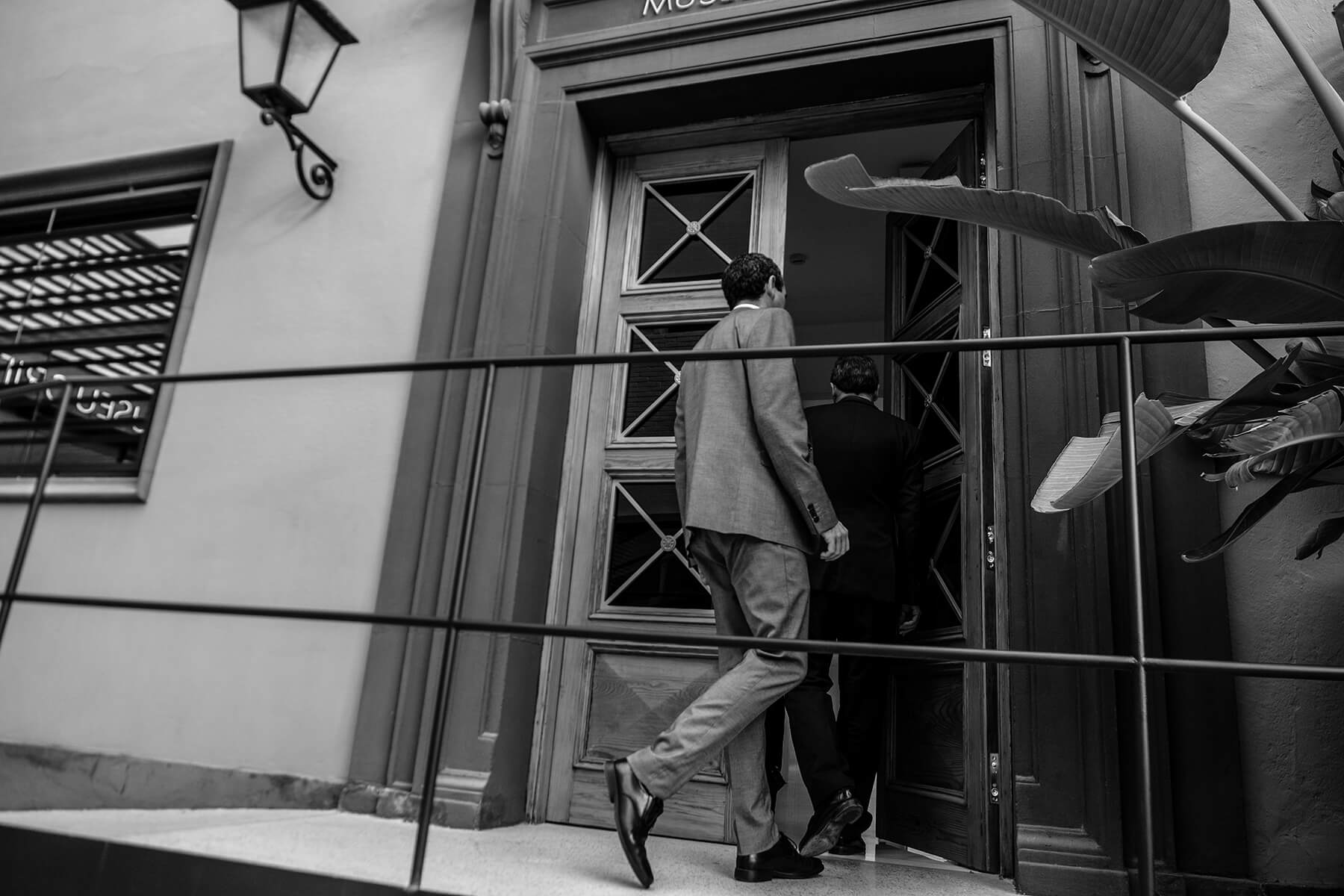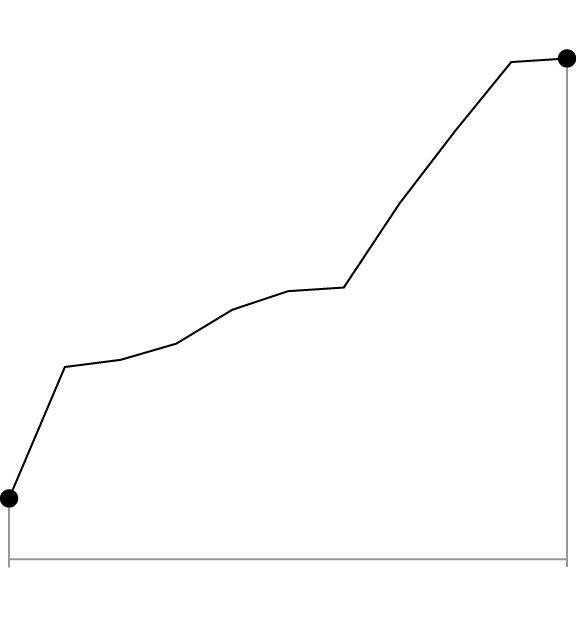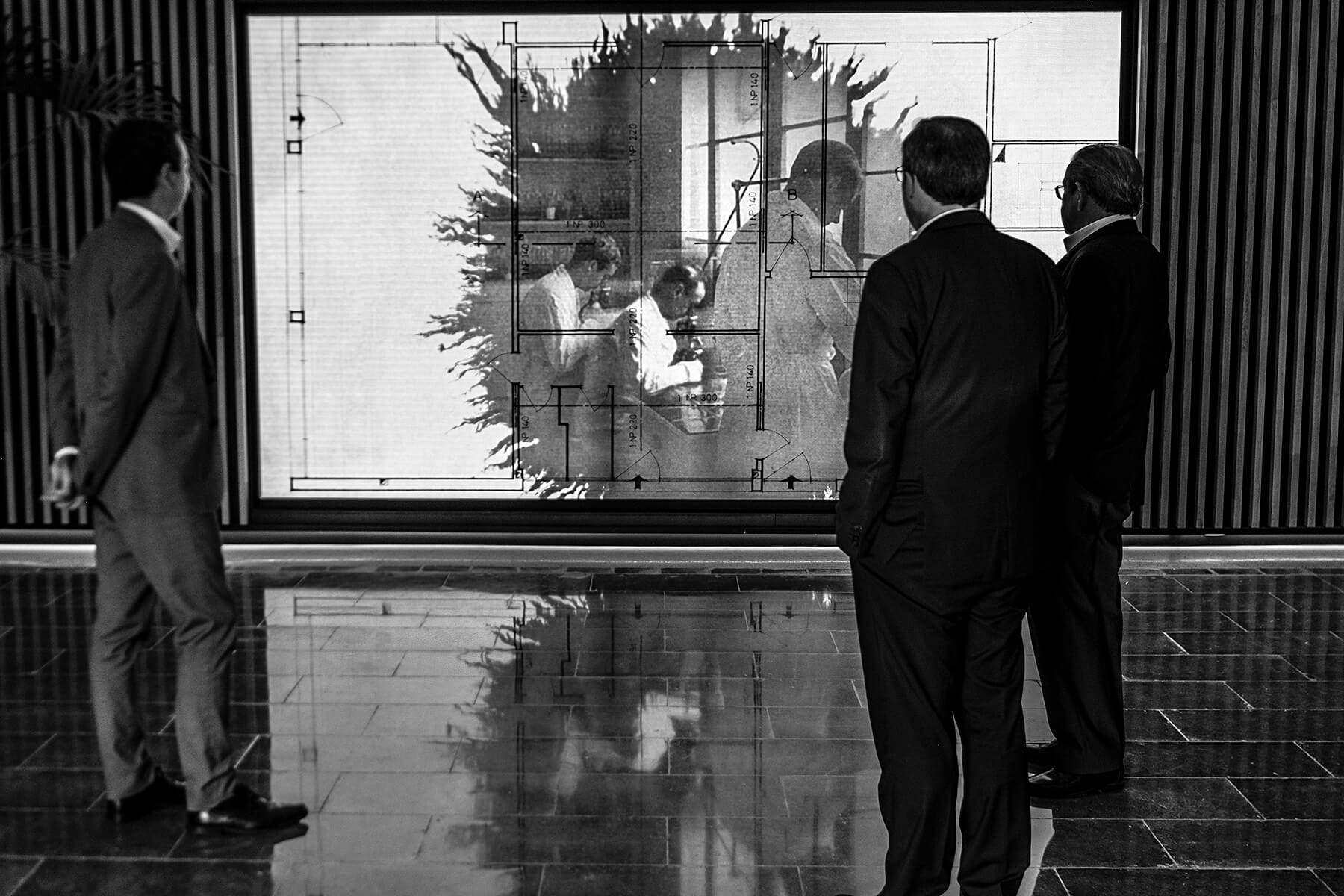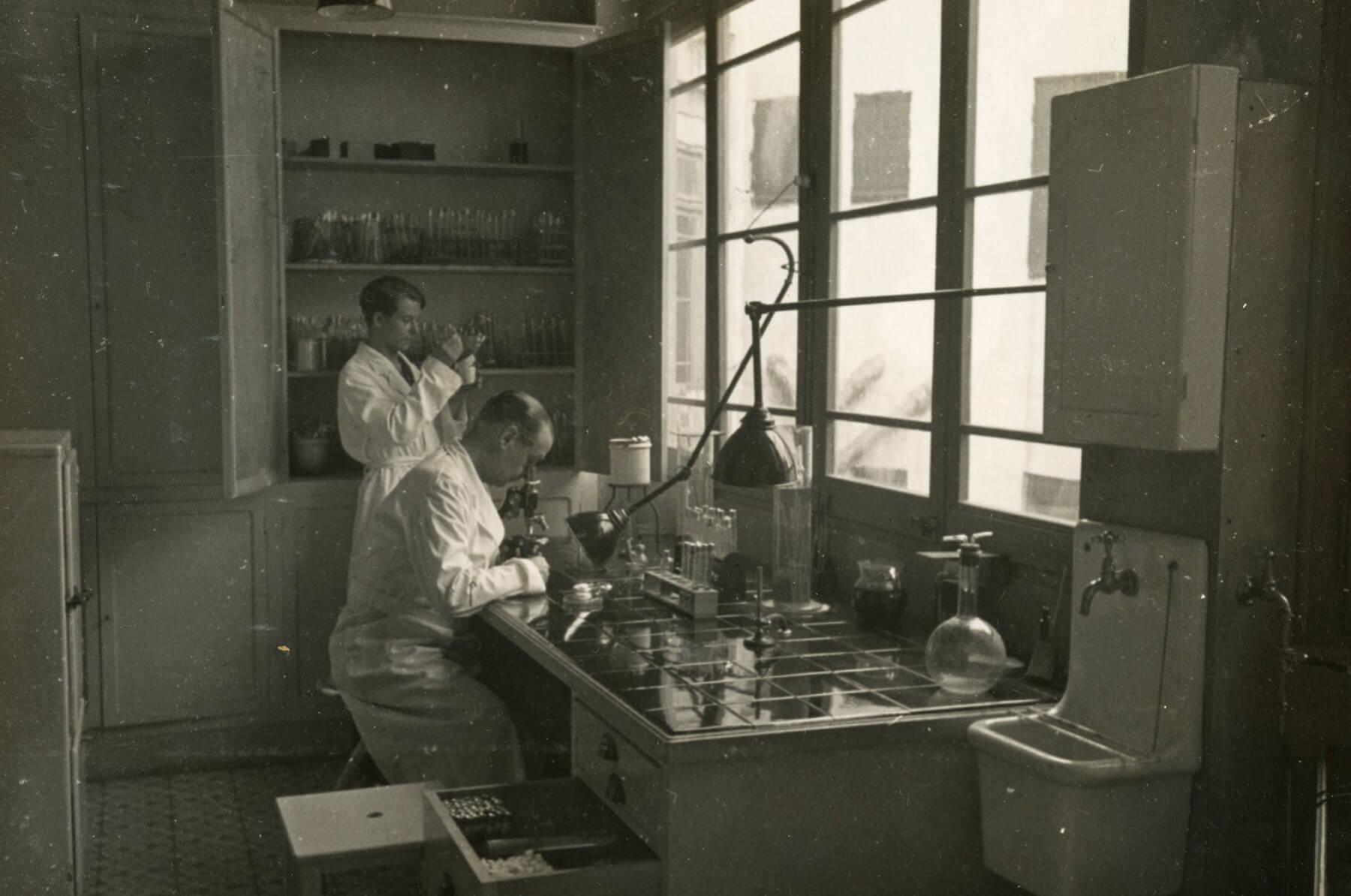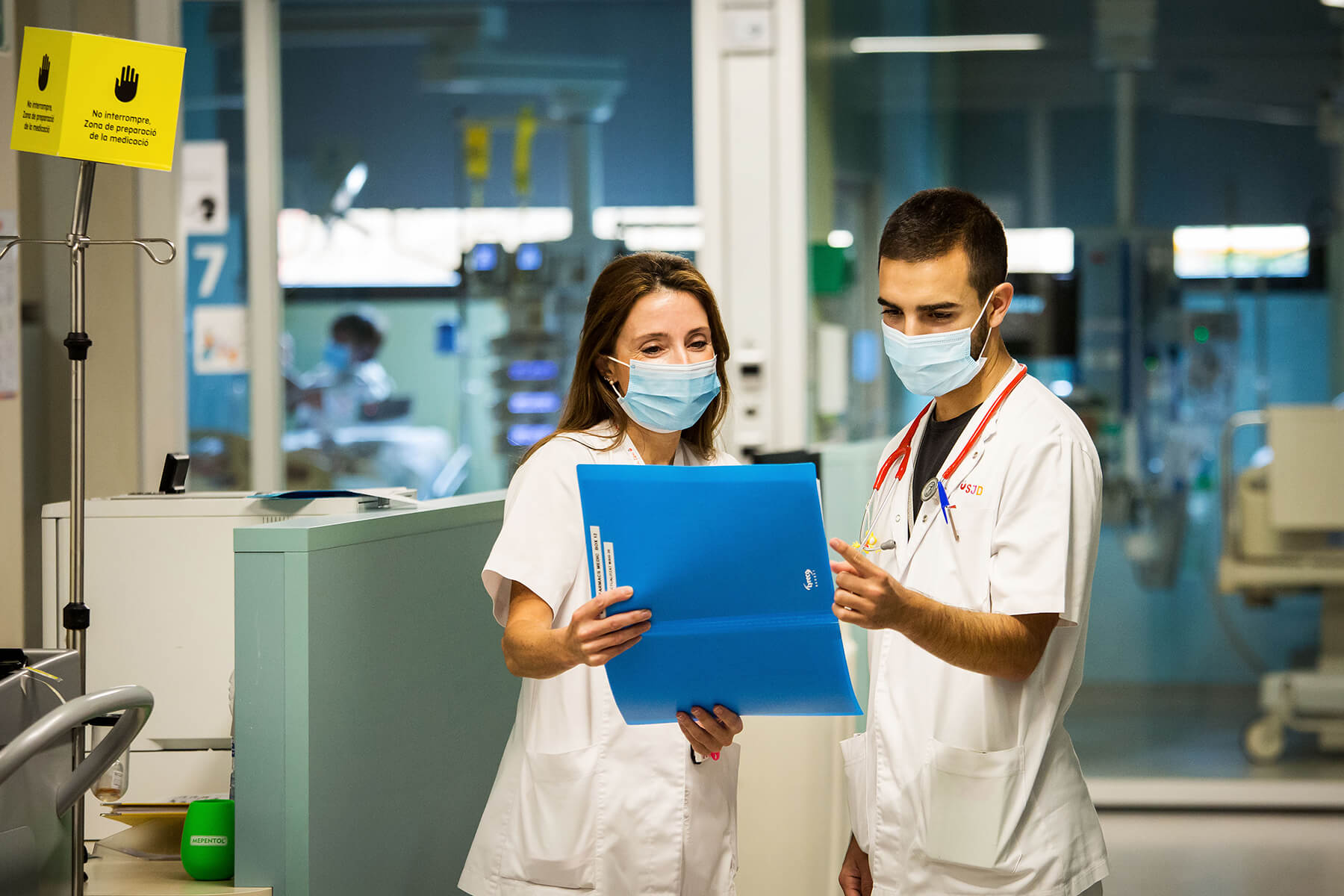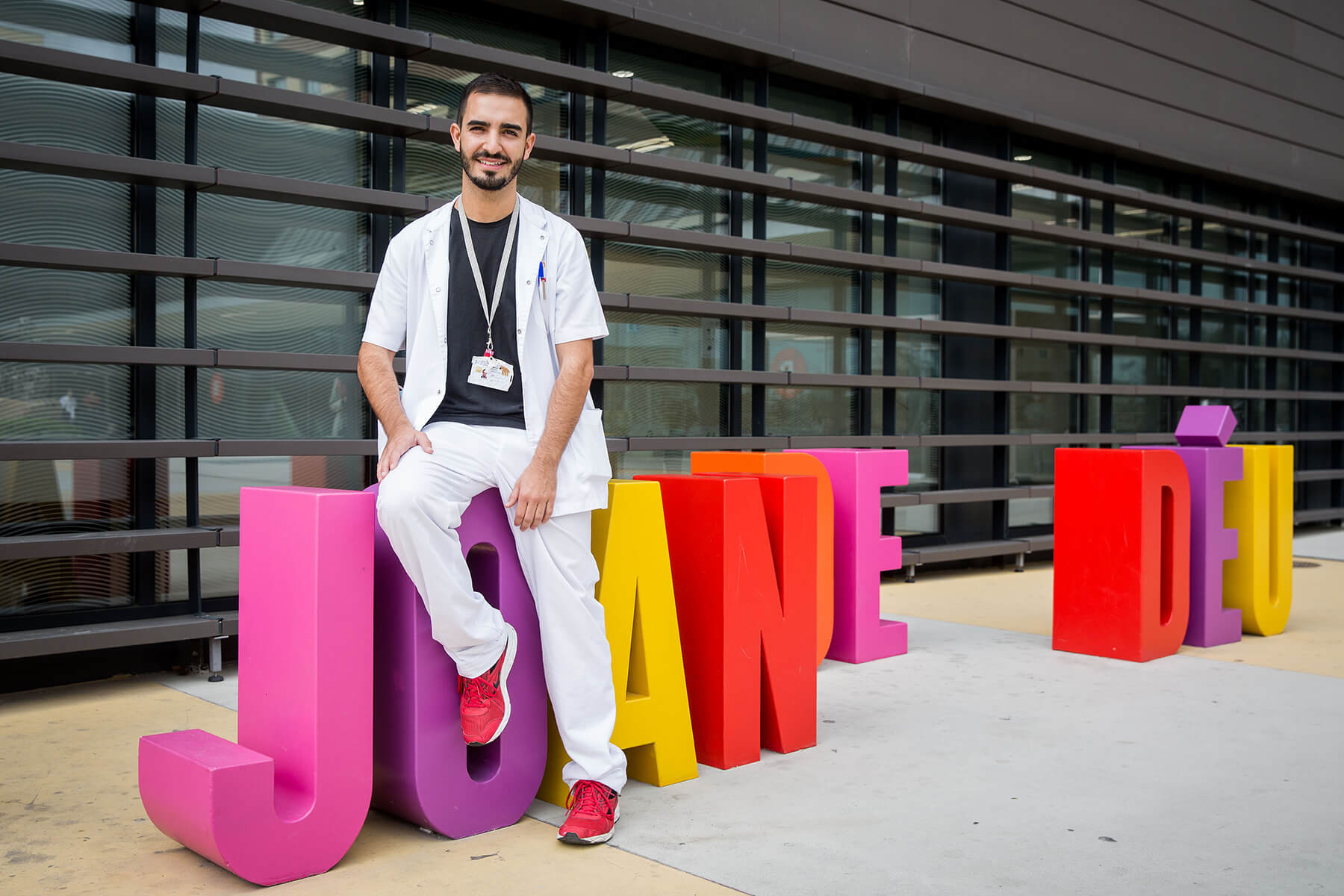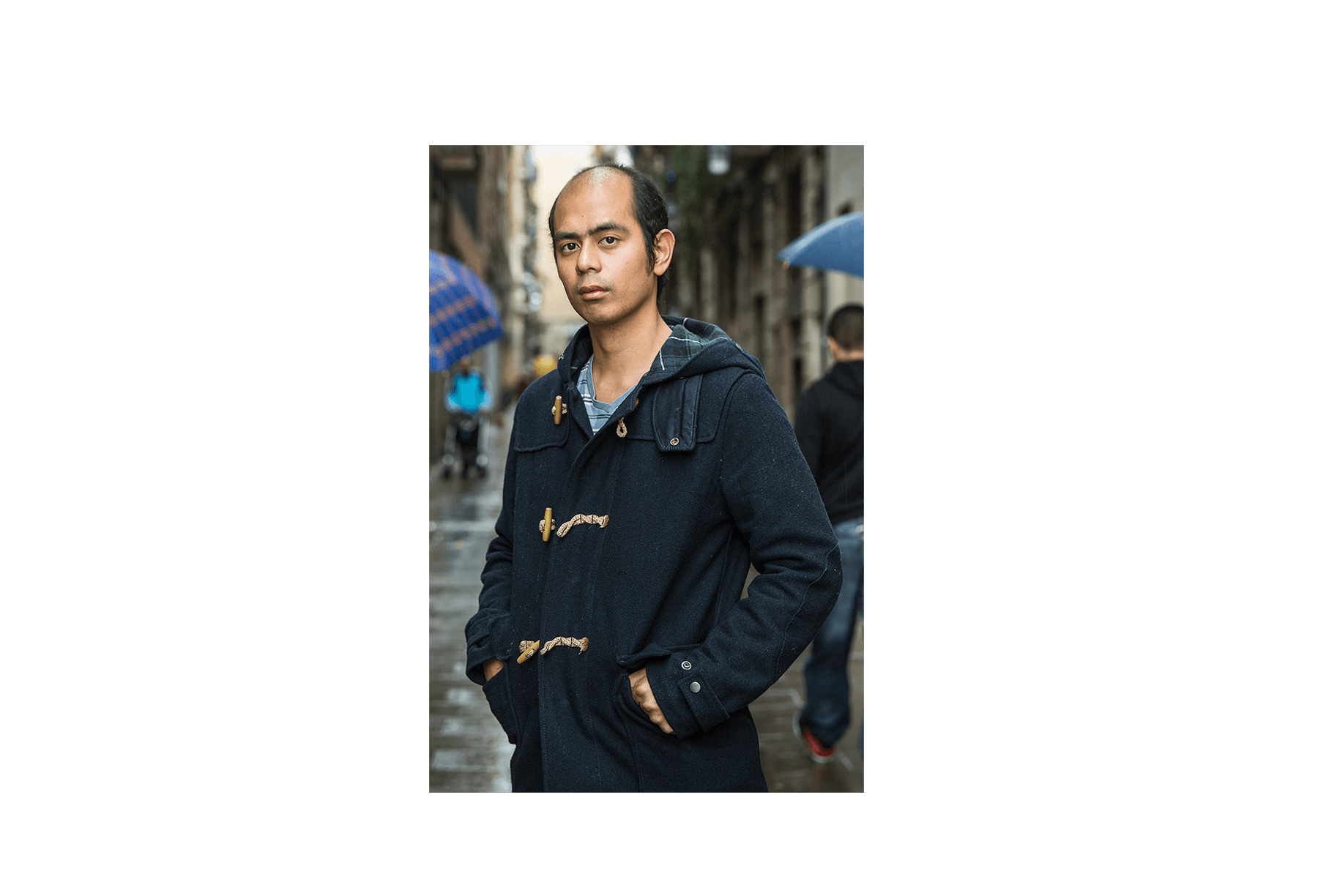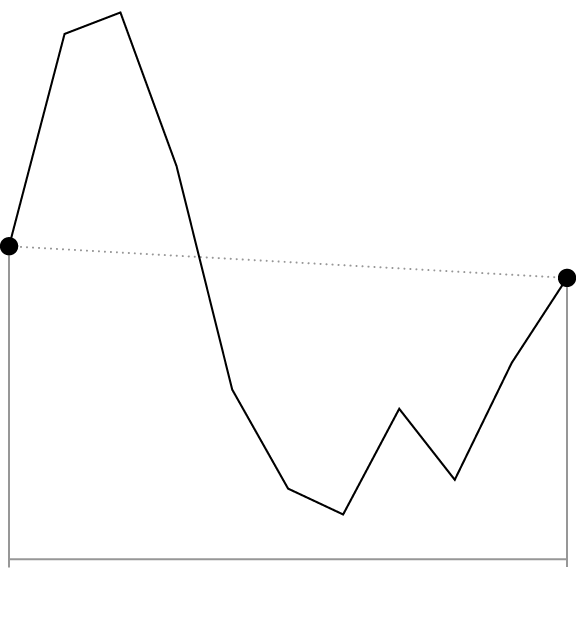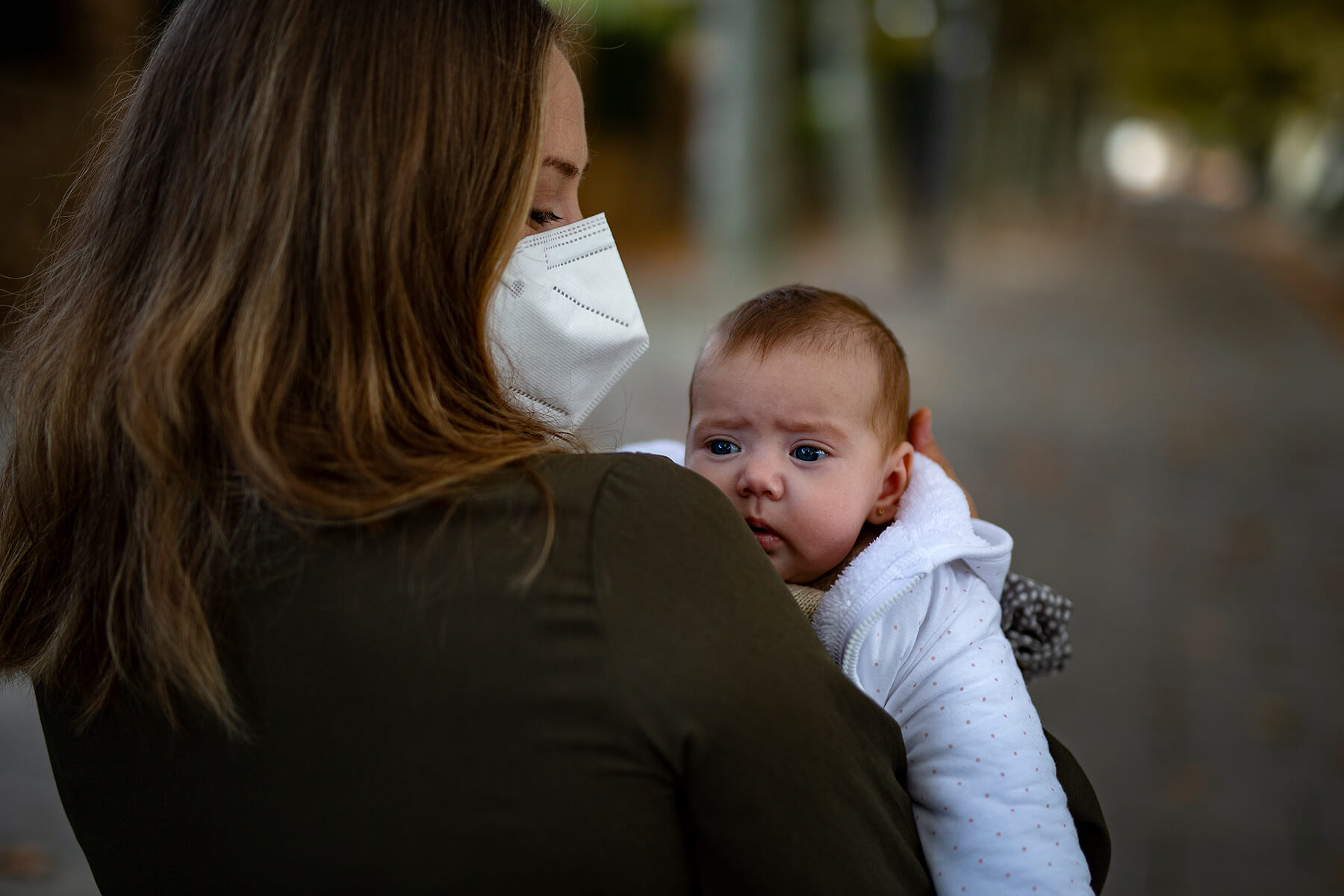CF — No! Well, as for the social movement that I represented, I think so. We have come a long way since 2012, now independence is a governmental option in most municipalities. In personal terms, I cannot say that I am, it would be absurd, as I am in prison. But you have to know how to differentiate your personal situation, which is very serious, from the one you represent and which you fight for. The idea has moved on, but I personally am at a worse place.
AC — I don't think it's been that long. I feel I am the same person I was ten years ago, I have the same goals, my priorities are the same, the same values ??define me... What has transformed me the most in these years is motherhood, rather than politics: the most important step that I have taken is being a mother of two beautiful children who teach me every day and help me to be a better person. I couldn’t even imagine being the mayor, it was inconceivable. It was the first time a woman was elected mayor of Barcelona, ??and also the fact that it was a person from a humble family who did not know anyone from the elites, that gave me a responsibility, I am here representing many people and not just the ones who voted for me.
CF — During these years our lives have changed a lot. A lot has happened to me, maybe more in eight years than in the previous twenty.
AC — Me too.
CF — I have had two grandchildren, who have been the best thing that ever happened to me. It has made me very happy to be a grandmother. I think that people who are not a grandmother have a hard time understanding the feeling of tenderness that awakens in you. However, I have not been able to live this fully. When my second grandson, Guiu, was born, they gave me two hours to see him. The oldest, Jan, I saw him walk in jail for the first time, and that's very hard. I entered jail when he was months old and now he's almost three years old. To take them to school, to the park, to see the Three Wise Kings... All these things that grandmothers do -well, the “iaies”, because in Terres de l'Ebre we call them like that- I have not been able to do with them, and I’ve lost that time, it won't come back.
LA — I could be at the other extreme of the situation that Carme described. Our struggle, that of animal liberation, is now more socially accepted, but that does not mean that we have achieved great goals. In fact, I think it's a pretty stagnant movement. In a way, capitalism has laid its claws on us and appropriated the idea of ??veganism. My personal life has improved but the cause I defend has not. And I say that my life has gotten better because I am dedicating myself more to work in Latin American territories. To work with communities on the ground is very different, it’s much more rewarding - you take more risks too, but I like it much more than the work I did here, mobilizing on the streets or in political offices.



